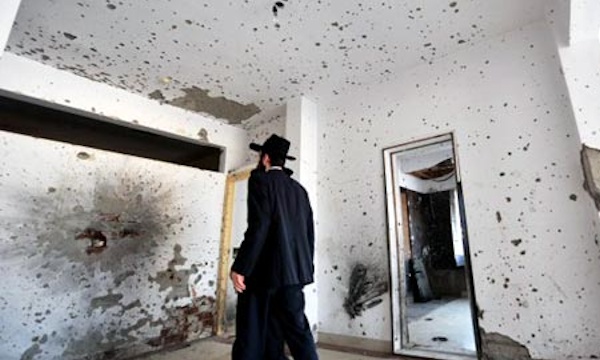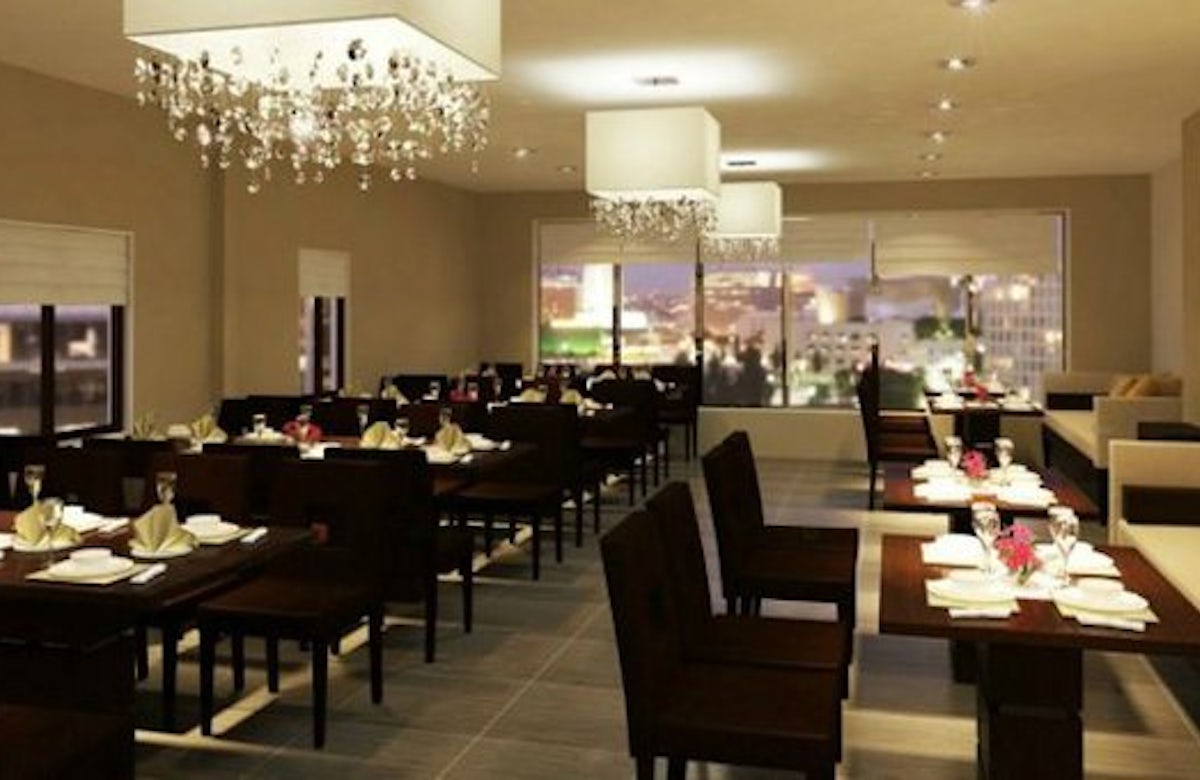The Chabad Jewish center in Mumbai, India has reopened following the terrorist attacks of November 2008 in which a rabbi, his wife and four other people were killed.
 The center was one of several places in the city targeted by Islamist gunmen. Indian forces regained control of the building after several days and killed two gunmen there. The attacks at a railway station, two hotels and other landmarks claimed 166 lives. Nine gunmen were also killed.
The center was one of several places in the city targeted by Islamist gunmen. Indian forces regained control of the building after several days and killed two gunmen there. The attacks at a railway station, two hotels and other landmarks claimed 166 lives. Nine gunmen were also killed.
Rabbi Gavriel Holtzberg, 29, and his pregnant wife Rivkah, 28, who ran the Chabad House, were killed in the attack, but the couple's two-year-old son, Moshe, survived. He was found crying next to their bodies by his Indian nanny, who hid in a cupboard during the attack, but emerged to rescue the child after his parents were killed. She later escorted the boy to Israel to care for him. He has extended family there.
Some 25 rabbis from across Asia gathered on Tuesday at the newly renovated center. The refurbished cultural center has a synagogue, offices, guest rooms, a restaurant, a commercial kitchen and security rooms. Chabad – an acronym for the Hebrew words for wisdom, understanding and knowledge – also plans to build a museum in the Holtzbergs' apartment and on the floor where most of the people were killed. Chabad centers worldwide provide services to religious and non-religious Jewish tourists, visiting businesspeople and members of their local communities.
 In November 2012, India executed Mohammad Ajmal Amir Qasab, a Pakistani and the one gunman who was captured alive.
In November 2012, India executed Mohammad Ajmal Amir Qasab, a Pakistani and the one gunman who was captured alive.
"We're not moving into a new building - we are returning to our original building and we will be continuing and expanding all the activities that took place here," Rabbi Israel Kozlovsky, new co-director of the center with his wife, Chaya, told AFP.
In the synagogue, candles mark the spot where Holtzberg was shot dead, and pictures of him, his wife and their surviving young child adorn the stairwells. “I think this is really a message for the whole world,” said Rabbi Moshe Kotlarsky, a prominent member of Chabad, who helped to rebuild the center. “You can overcome challenges, even the most horrific of challenges. You can and must rebuild, and this project serves as a beacon of light and hope that evil will not prevail."






